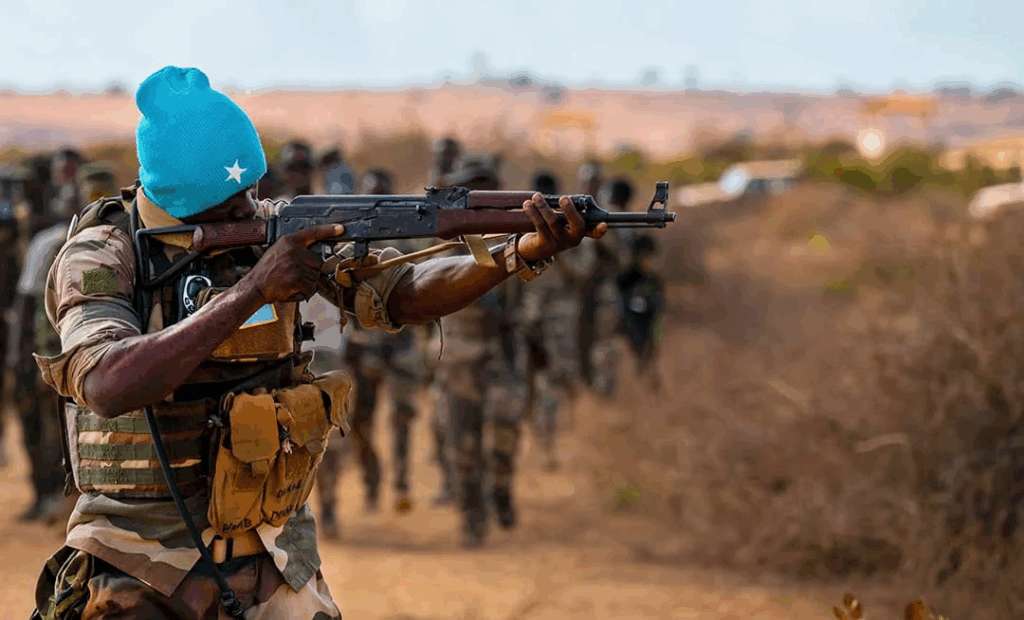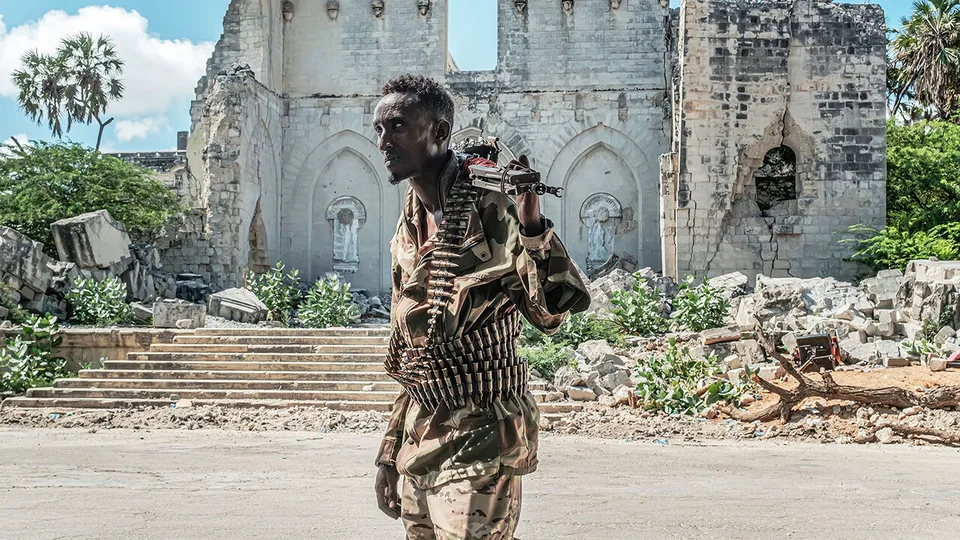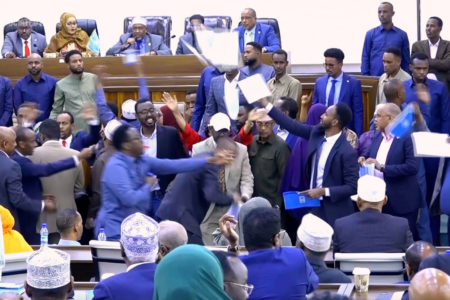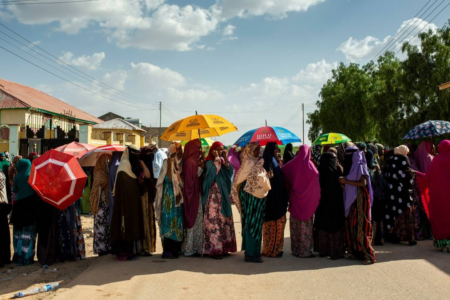Somalia state-building effort was unraveling for long decades, with mounting security threats, political fragmentation, and waning international support threatening to derail progress.
Once a beacon of hope for post-conflict recovery, Somalia now faces a critical juncture that could redefine its future.
Let’s explore the reasons that made the Economist describe the Somali situation this way.
Jihadist Strongholds Undermine Stability
The road from Garowe, the capital of Puntland, to the port city of Bosaso cuts through territory controlled by two of the world’s most dangerous jihadist groups:
- Islamic State (IS) has entrenched itself in the eastern mountains, operating a well-defended outpost.
- Al-Shabab, al-Qaeda’s most lethal affiliate, dominates the western corridor and continues to expand its influence.
For the past eight months, Puntland forces, supported by U.S. and UAE airstrikes, have launched a full-scale offensive against IS.
While the campaign has yielded tactical victories, a similar operation against al-Shabab is still pending—raising concerns about the group’s unchecked expansion.

Somalia State-Building with Federalism in Crisis
Somalia’s federal system, designed to decentralize power and foster unity, is now a source of division:
- Puntland and Jubaland have severed formal ties with the central government in Mogadishu.
- Disputes over constitutional amendments and power-sharing have deepened mistrust between federal member states and the presidency.
- The federal government’s push for universal suffrage and centralized authority has been criticized as a threat to regional autonomy.
This breakdown in cooperation has paralyzed national decision-making and weakened the legitimacy of federal institutions.
International Support is No More Sufficient for Somalia State-Building
Global fatigue is setting in:
- U.S. aid to Somalia has plummeted from $1.2 billion in 2023 to under $400 million in 2025.
- The African Union peacekeeping mission faces funding shortfalls, with no clear successor force in place.
- Key donors like UAE, and Saudi Arabia have declined emergency funding requests.
Without sustained international backing, Somalia’s security forces and governance structures risk collapse.
Fragmentation and Proxy Conflicts
The erosion of centralized authority has led to:
- Proliferation of armed groups, many backed by competing foreign powers.
- Rising clan-based violence and local militias filling the vacuum left by the state.
- A growing trend of “proxification”, where regional actors use Somali factions to advance their geopolitical agendas.
This chaotic landscape makes it nearly impossible to forge a unified national strategy that serves Somalia state-building efforts.
A State on the Brink
Somalia state-building project is faltering under the weight of jihadist insurgencies, political infighting, and dwindling global support.
Without urgent reforms and renewed international engagement, the country risks sliding further into fragmentation and instability.








